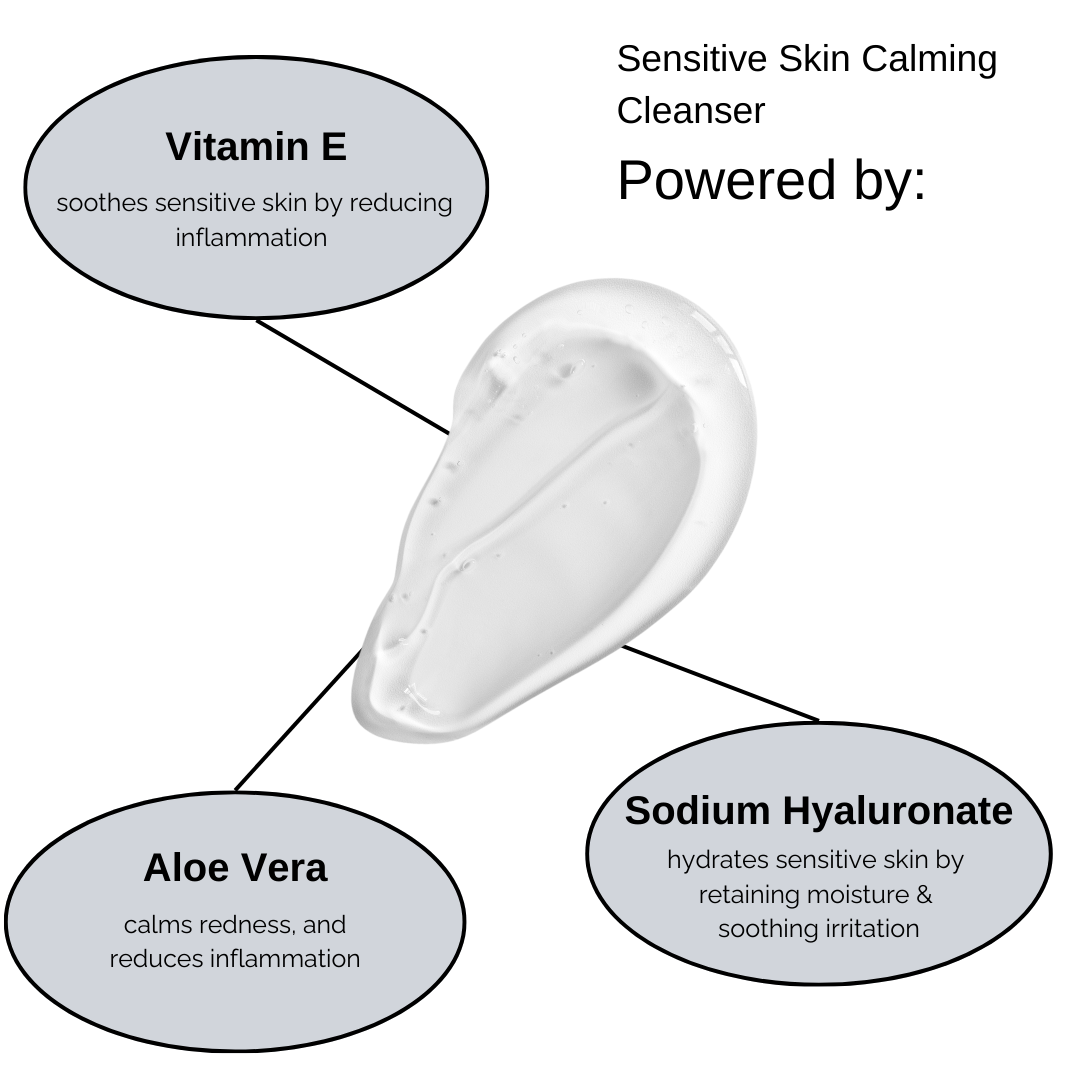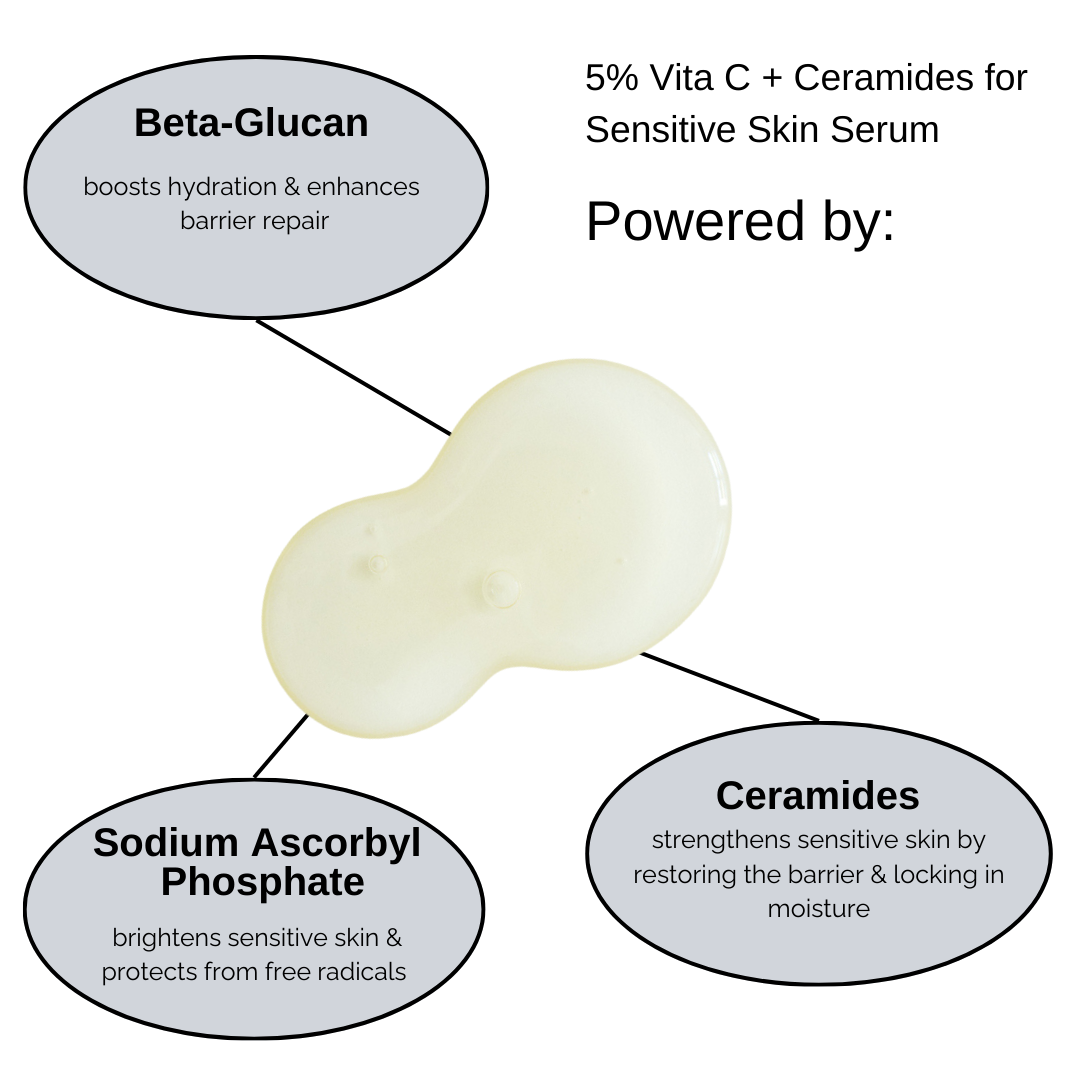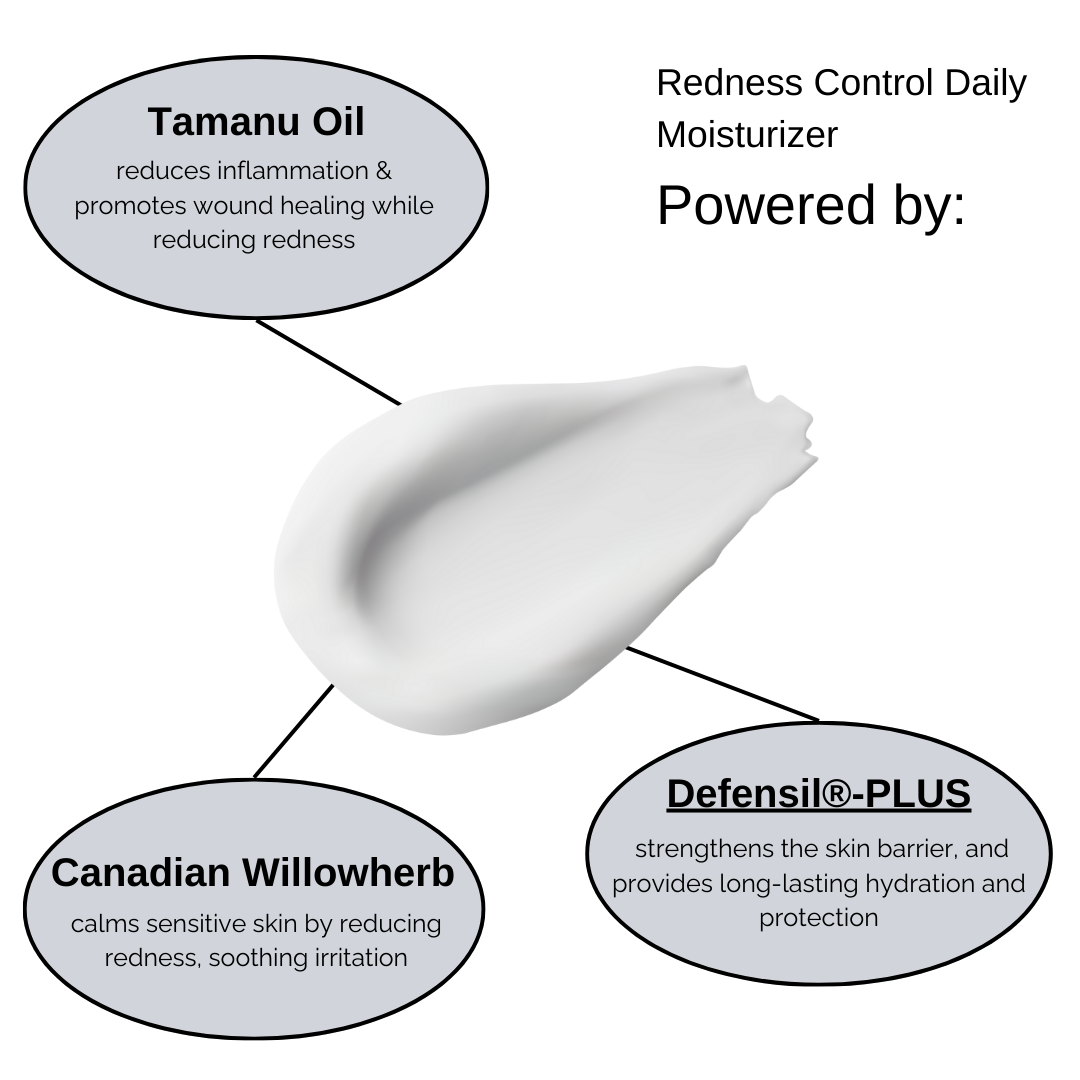
Is Rosacea Linked to Other Diseases? What the Science Says
Rosacea is widely known as a chronic skin condition marked by persistent redness, flushing, and visible blood vessels. But as research has deepened in recent years, it’s become increasingly clear that rosacea may not just be skin-deep.
Emerging evidence suggests that rosacea is connected to a range of systemic conditions, including gastrointestinal, neurological, autoimmune, and cardiovascular diseases.
1. Rosacea and Gastrointestinal Conditions
Gut-Skin Axis at Work
Several large-scale studies have identified a correlation between rosacea and gastrointestinal (GI) disorders, particularly:
- Irritable Bowel Syndrome (IBS)
- Inflammatory Bowel Disease (IBD), including Crohn’s disease and ulcerative colitis
- Small Intestinal Bacterial Overgrowth (SIBO)
- Helicobacter pylori (H. pylori) infection
Why the connection?
The gut-skin axis is a bidirectional communication network. Disruptions in gut microbiota can lead to systemic inflammation, which may exacerbate skin conditions like rosacea. Studies have shown that treating SIBO with antibiotics can sometimes improve rosacea symptoms, suggesting a causal link.
2. Neurological and Mental Health Associations
Stress is a Known Trigger—But It Runs Deeper
People with rosacea are more likely to report:
- Migraines
- Depression
- Anxiety
- Parkinson’s disease (in some studies)
A 2016 study published in JAMA Neurology found a higher risk of Parkinson’s disease in people with rosacea. While causation hasn’t been confirmed, researchers suggest that inflammatory and neurovascular pathways may be common to both conditions.
As for depression and anxiety, the connection may be both biological and psychological—rosacea can impact self-esteem, but there’s also growing evidence that neuroinflammation plays a role in mood regulation
3. Autoimmune and Endocrine Disorders
Rosacea has also been associated with:
- Type 1 diabetes
- Celiac disease
- Multiple sclerosis (MS)
- Rheumatoid arthritis
- Systemic lupus erythematosus (SLE)
Additionally, thyroid dysfunction, especially hypothyroidism, has been frequently reported in rosacea patients, particularly women. These links may reflect underlying immune dysregulation, which affects both the skin and internal organs.
4. Cardiovascular Health
There’s some evidence that rosacea is correlated with:
- High cholesterol
- Hypertension
- Coronary artery disease
While more research is needed, chronic inflammation seen in rosacea may contribute to vascular reactivity beyond the skin. It’s also possible that shared risk factors—such as genetics, stress, and oxidative stress—underlie both rosacea and cardiovascular issues.
What Global Google Search Patterns Reveal
An analysis by the National Rosacea Society using Google Trends found that searches for rosacea often overlap with terms like:
• “IBS” and “ulcerative colitis” in the UK and Canada
• “Hypothyroidism” in the UK
• “Depression” in the US
• “Diabetes” in Canada
• “Osteoporosis” in Australia
These patterns reflect growing public curiosity and concern over rosacea’s systemic implications.
What This Means for You
If you have rosacea and are experiencing digestive issues, mood changes, fatigue, or hormonal irregularities, it may be worth discussing this with a healthcare provider. While rosacea doesn’t guarantee you’ll develop other conditions, it can serve as an early signal of internal imbalances.
Your provider may recommend:
- Gut microbiome testing or a GI workup
- Hormonal or thyroid panels
- Cardiovascular screenings
- Dermatologist and GP collaboration for integrative care
A Holistic Approach to Rosacea Care
At RUDDI, we believe in evidence-based skincare that supports both your skin and your system. Managing rosacea goes beyond surface treatments—think:
- Barrier repair (with ceramides, azelaic acid, niacinamide)
- Inflammation reduction (through skincare and diet)
- Trigger tracking (for both internal and environmental causes)
As research evolves, rosacea is increasingly seen not just as a skin issue, but as a window into whole-body health. Empowering yourself with knowledge is the first step in managing it effectively.







